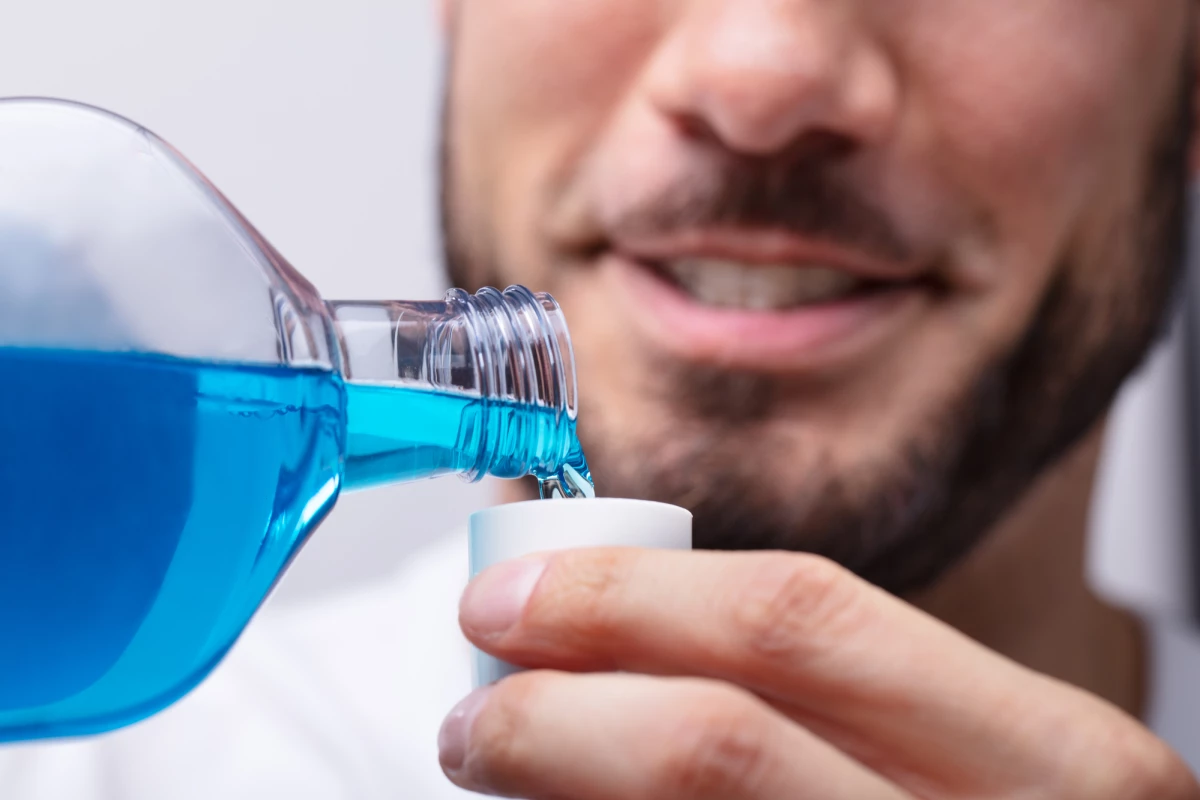A new study from scientists at the University of Plymouth has offered the first insights into the long-term effects a chlorhexidine mouthwash has on the oral microbiome. The research suggests one week of mouthwash use alters the oral microbiome, lowering saliva pH, increasing acidity and heightening the risk of tooth damage.
"There is a surprising lack of knowledge and literature behind the use of these products,” explains lead on the research team, Raul Bescos. “Chlorhexidine mouthwash is widely used but research has been limited to its effect on a small number of bacteria linked to particular oral diseases, and most has been carried out in vitro.”
Last year the same research team published a compelling study demonstrating how mouthwash use can reduce the blood-pressure lowering effect of exercise by around 60 percent. The study found using mouthwash directly after exercise disrupts the activity of certain bacteria in the mouth. These bacteria produce metabolites known to regulate blood pressure in the hours immediately following exercise.
The new study set out to more generally investigate the effect of regular mouthwash use on the oral microbiome by studying 36 subjects who were given a placebo mouthwash for one week and then a chlorhexidine mouthwash for a week.
The chlorhexidine mouthwash notably reduced microbial diversity in the mouth after seven days. In particular, mouthwash use increased the abundance of Neisseria, Streptococcus and Granulicatella bacteria, while lowering the abundance of Actinomyces. The findings also revealed mouthwash use reduced oral nitrite synthesis, something the prior study suggested was linked to acute blood pressure improvements following exercise.
We have significantly underestimated the complexity of the oral microbiome and the importance of oral bacteria in the past
Overall, environmental pH levels in the mouth dropped after one week of mouthwash use suggesting saliva had become more acidic. What this means for dental health is unclear but the researchers do note in the study that decreased saliva pH levels are linked with demineralization of tooth enamel and other dental problems. The study hypothesizes mouthwash use may be helpful in managing diseases such as gingivitis where saliva pH is more alkaline than normal.
"We have significantly underestimated the complexity of the oral microbiome and the importance of oral bacteria in the past,” says Louise Belfield, co-author on the new study. “Traditionally the view has been that bacteria are bad and cause diseases. But we now know that the majority of bacteria—whether in the mouth or the gut—are essential for sustaining human health."
It is important to note that this novel research has so far only been able to hypothesize how these mouthwash-induced oral microbiome changes effect one’s broader health. There is no evidence at this point to suggest individuals should stop using mouthwash, or be concerned of its effect on cardiovascular health in general. However, the researchers do see this as the first step in exploring how mouthwash can influence our oral microbiome, and how that can in turn result in general health effects.
"As dental clinicians, we need more information on how mouthwashes alter the balance of oral bacteria, so we can prescribe them correctly,” concludes Zoe Brookes, a co-author on the study. “This paper is an important first step in achieving this.”
The new study was published in the journal Scientific Reports.
Source: University of Plymouth




